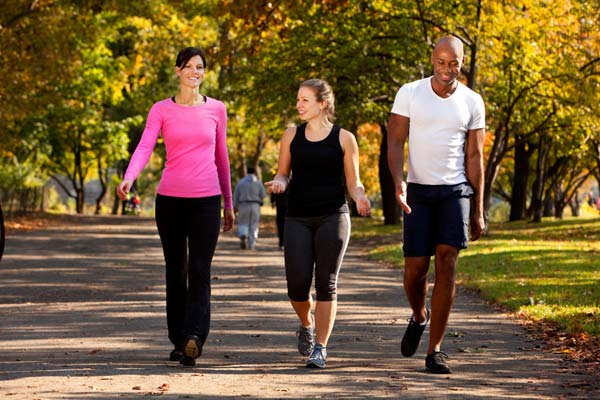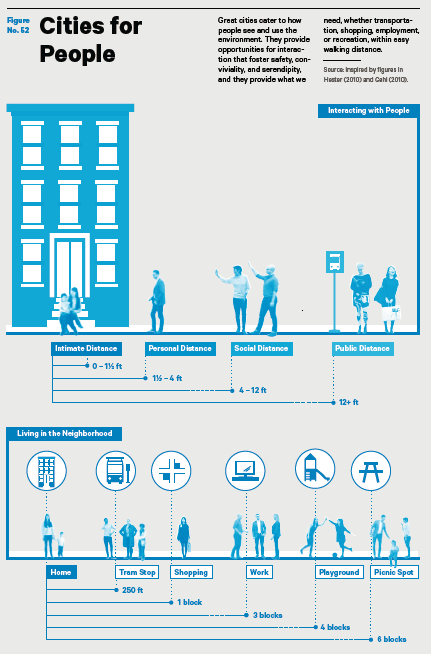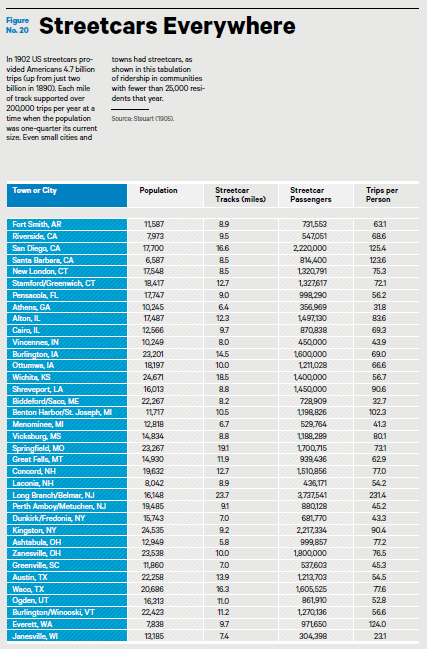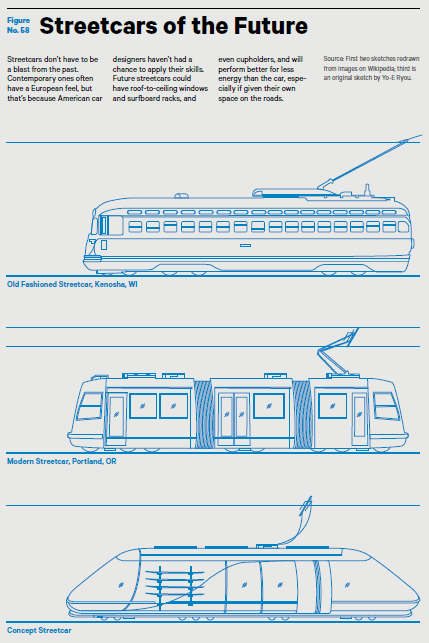
The New World After Oil, Cars and Suburbs (Op-Ed)

Eric W. Sanderson is a senior conservation ecologist at the Wildlife Conservation Society (WCS) and the author of "Terra Nova: The New World After Oil, Cars, and Suburbs" (Abrams, 2013) and "Mannahatta: A Natural History of New York City" (Abrams, 2009). He contributed this article to LiveScience's Expert Voices: Op-Ed & Insights.
As we tuck into our Thanksgiving feasts this week, let's give thanks for the blessings of America.
Most Americans live in a house. Since World War II, America built over 90 million housing units, mostly in the suburban rings around cities. (Today 14 percent of existing homes stand vacant all year long.)
With houses came cars. 314 million Americans own over 253 million cars. Nineteen percent of families own three or more vehicles. Americans commute to work and drive to do our errands, collectively racking up 2.9 trillion vehicle-miles per year.
Cars drink oil. Oil was once fabulously cheap in America. The price of a gallon of gas actually dropped 40 cents on an inflation-adjusted basis between 1949 and 1970. Not so any more. Sure gas is cheaper today than last summer, but much more expensive than the halcyon times before 9/11.

Why dredge up all this ancient history on Thanksgiving ? Because cheap oil, cheap cars and cheap land within commuting distance of downtown generated American wealth and power in the last century. It was a great blessing. We won the Cold War. We ate a lot of turkeys.
But if the oil-car-suburbs economy worked for the Baby Boom generation, it's destroying the country now. Our current way of living is a trap, a siren song, calling us deeper and deeper into economic, environmental and social peril.
Sign up for the Live Science daily newsletter now
Get the world’s most fascinating discoveries delivered straight to your inbox.
Sprawling suburbs make people drive. Cars depend on oil, which is no longer cheap — financially or ecologically. The necessity of obtaining oil, whether from the Middle East or Canadian tar sands or deep water horizons, brings us terrible things: wars, terrorism, climate change, broken landscapes and polluted shores.

We need to seek solutions for our children rather than from their grandparents.

Nature provides many blessings. In America, we assume them, we don't cherish them, at least when it comes to our economy. The way to make nature matter to the economy is to shift taxes off of income and sales and onto natural-resource use and waste instead. The more resources you use, and the more waste you create, the more you pay. I call these gate duties. They stand at the gate between the economy and the rest of nature.
Gate duties will help us rebuild America's towns and cities. Everyone deserves a great town to live in, with enough people in a place to make jobs and wealth for young and old talent. Manhattan-like density is not required, but more density than most suburbs have is. Urban America will lead the economy of the future with innovation that rises from working together. [Urbanization Can Actually Reduce Greenhouse Gas Emissions (Op-Ed)]
Density also frees people to move in different ways. It is a blessing to walk or bike to work. Bicycling is the fastest growing transportation mode on the planet. Coupled with streetcar and light-rail systems — and eventually high speed trains — deployed on the public roadways, Americans can make cars optional for most trips, leaving what oil remains for intercontinental air travel and long-driving vacations, where there is no real alternative.
And having implemented a program of roads to rails, we can finally benefit from the massive, relatively unexploited, renewable energy resources of the nation. Gate duties will tip the economics toward renewables once all the costs of fossil fuels are added in. We can forget about oil wars and oil spills. We can act on climate change. Solar, wind , and geothermal sources — alongside efficient, pumped hydrologic storage — will supply the entire nation with energy for as long as the sun shines.

My fellow Americans, as we settle down to give thanks for what we have, let's also say a prayer for what we desperately need: The new world after oil, cars and suburbs.
The views expressed are those of the author and do not necessarily reflect the views of the publisher. This version of the article was originally published on LiveScience.









